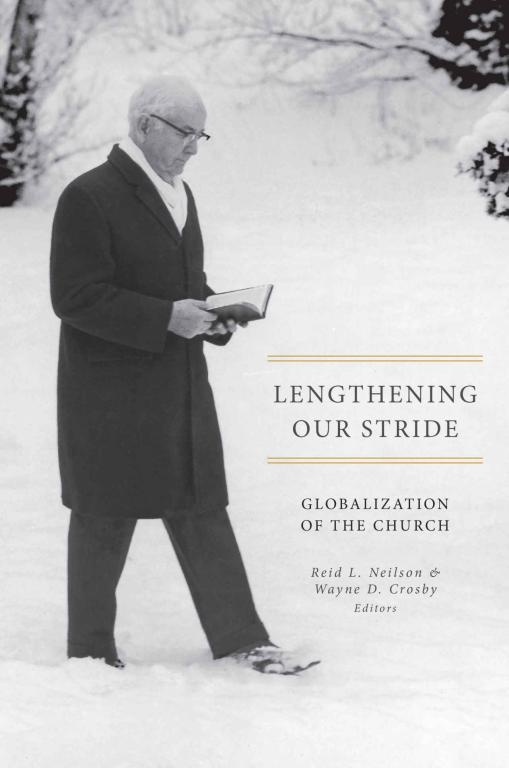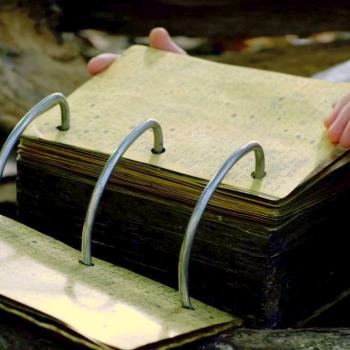
This is probably my favorite image of President Spencer W. Kimball
The other day, I called attention to a discouraging piece from Dr. Jeff Lindsay, the Interpreter Foundation’s man in China:
“Friendly Fire from BYU: Opening Old Book of Abraham Wounds Without the First Aid”
He has now followed up on that short essay with a more upbeat one:
“My Uninspired ‘Translation’ of the Missing Scroll/Script from the Hauglid-Jensen Presentation”
***
This isn’t, of course, merely a historical issue. There are those who believe, or who claim to believe, that the 1978 revelation on priesthood was received, in large or small part, because pressure from dissidents forced President Kimball to take the matter to the Lord. And they conclude from that historical notion that dissident pressure today will ultimately lead to a revelation (or, as some frankly put it, a “revelation”) authorizing __________ . (Fill in the blank with gay marriage in the temples or the ordination of women or repudiation of historical Mormon polygamy or admission that the Book of Mormon is fictional or whatever the favored cause happens to be.)
The invaluable Greg Smith published this item back in 2016 on the FairMormon blog. In it, he marshals evidence to show that, whatever other merits the claim regarding President Kimball’s revelation might have, President Kimball himself would have disagreed with it.
***

Some years ago I made a long study of just what objections had been raised against Mormonism in the past. From the beginning it was always the same. Nobody was really worried about polygamy, which was in fact a welcome stick to beat the Mormons with; the ferocious denunciations from press and pulpit, the incitement of mobs, and the stampeding of legislatures always rested on one thing alone—the incredible fact that in an age of modern enlightenment, universal education, and scientific supremacy there should be found coexisting with Christian civilization a community of primitives so ignorant, so deluded, and depraved as to believe in revelations from heaven and the operation of charismatic gifts.
“Sophic and Mantic,” Collected Works of Hugh Nibley 10:360-61
Two illustrations:
“It is impossible,” wrote the radical German Protestant theologian Rudolf Bultmann (d. 1976), “to use the electric light and the wireless and to avail ourselves of modern medical and surgical discoveries, and at the same time to believe in the New Testament world of daemons and spirits. We may think we can manage it in our own lives, but to expect others to do so is to make the Christian faith unintelligible and unacceptable to the modern world.
One is also reminded of the British philosopher John Stuart Mill’s brief discussion, in his classic 1859 essay On Liberty, of what he called “the remarkable phenomenon of Mormonism.” “Much might be said,” he wrote, “on the unexpected and instructive fact, that an alleged new revelation, and a religion founded on it . . . is believed by hundreds of thousands, and has been made the foundation of a society, in the age of newspapers, railways, and the electric telegraph.”












